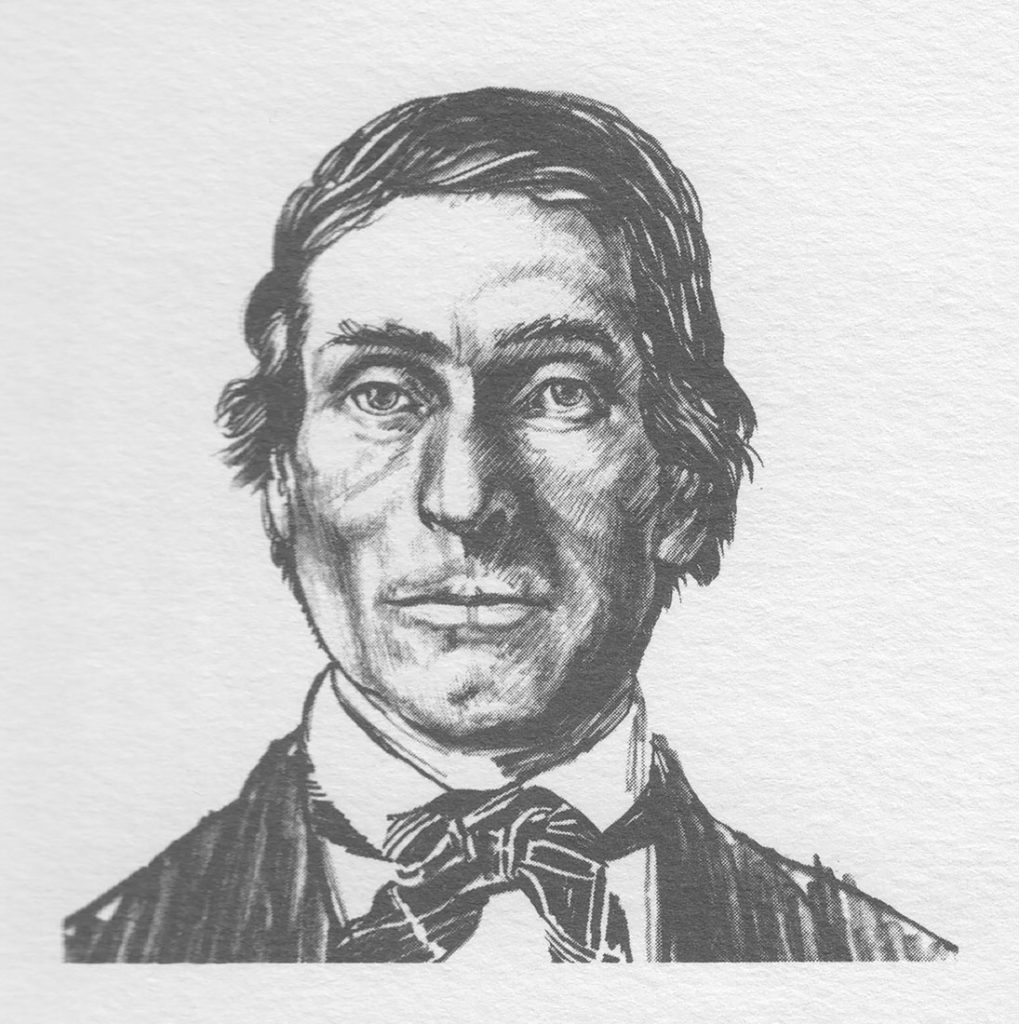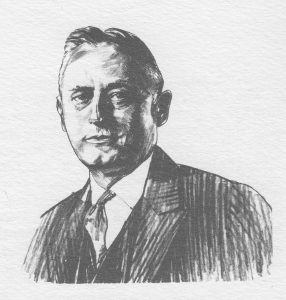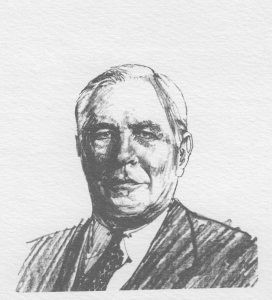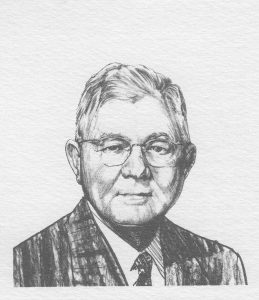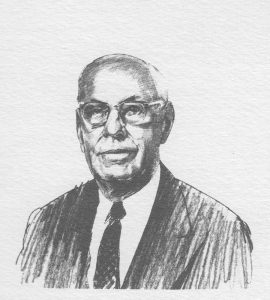Daniel Pratt helped provide cotton gins for Alabama’s predominant antebellum economic activity, founded Alabama’s most prominent early industrial town, and helped lay the foundation for postbellum development in manufacturing and railroad transportation.
In 1819, Pratt left his home state of New Hampshire and traveled to Savannah, where he worked for a year as a carpenter. In 1827, Pratt returned to New Hampshire for a visit and met and married Ester Ticknor. In 1831, Pratt realized the advantage of taking cotton gin manufacturing to fresher cotton fields and Pratt and his wife left for Alabama. In 1938, Pratt purchased land on Autauga Creek. It was on this land that Pratt would realize a lifelong goal: the building of a town, Prattville, as the site for his enterprises. He established a cotton gin factory, a cotton mill, a grist mill, a woolen mill, and a foundry, which combined, employed more than 200 people. By the late 1800s, Pratt’s gin business had grown so large that he contracted with mercantile firms in six strategically located cities to sell his gins. Pratt had become the largest cotton gin manufacturer in the world. At the end of the Civil War, Pratt shifted his reliance upon a cotton economy to the new industrial order: iron and railroad transportation. In 1949, the Alabama Newcomen Society honored Pratt posthumously as “Alabama’s First Industrialist.”

